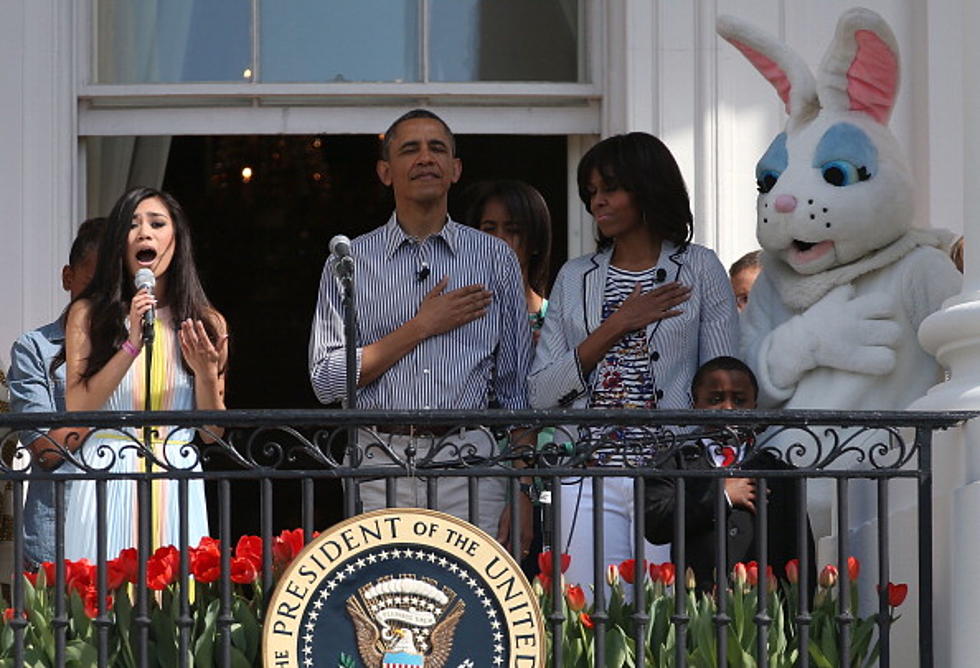
Northwest Credit Unions Counter Arguments of Banking Lobby in Recent Report
Over the last decade, and especially the last few years, the credit union industry has been under steady fire from banking institutions, claiming laws give credit unions unfair advantages.
A number of major banking institutions have been leveling claims against the credit union industry, including allegations they don't pay taxes, or the same tax rates as banks, they offer unfair competition, and should be regulated in the same manner as banks.
The battle between the two financial arms has gotten fierce, including in Oregon where three pieces of legislation allegedly threatened to nullify some of the features and programs offered by credit unions.
Credit unions are not-for-profit financial institutions, where member deposits are utilized to make loans and other forms of credit -- usually short term -- to members.
Banks may also be small, but are for-profit institutions and are often part of the stock market. Dividends are paid to shareholders.
Credit unions tend to be much smaller; studies have shown most credit unions do not operate outside of an area of about one-to-three counties. Banks can range from local to international. The banking industry has been claiming that because of credit unions' non-proft status, they are not subject to the same federal and tax liabilities or regulations.
The Northwest Credit Union Association (NWCUA) has released a new report refuting many of the claims made by banks.
Some of the banking claims refuted by the 40-plus claim report include:
- Credit unions’ share of consumer deposits have not been growing
for more than a decade. - Consistent with the theory of cooperative banking, credit unions
continue to provide superior deposit and loan rates, in addition to
greater protection from portfolio risk relative to outside-ownership
commercial banks. - Credit unions have not abandoned small account holders.
One of the biggest reasons for the study released by NWCUA and other similar credit union groups across the country is laid out in the report:
"Today, advocates for commercial banks point to trends in credit union
market share and other performance measures as evidence that credit
unions have acquired de facto full banking powers. They assert that
credit unions are 'just small banks' and should be taxed accordingly."
The financial tug-of-war will undoubtedly continue between banks and credit unions, and this is the latest salvo in the war of words and regulations.
More From 870 AM KFLD








![Life After Sequester – Where is Obama’s Predicted Apocolypse? [VIDEO]](http://townsquare.media/site/136/files/2013/03/Obama-health-care-lie-.jpg?w=980&q=75)
